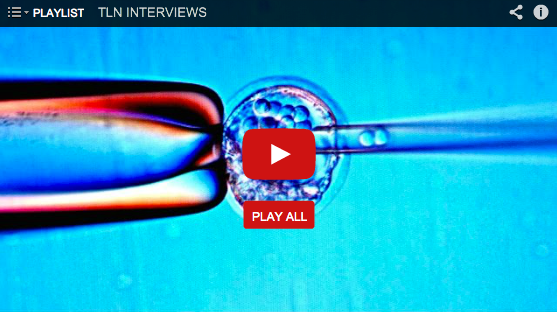Clinical protocols at the Stem Cell Institute leverage stem cells from one or more of the following tissue sources.
Adipose (fat) tissue
Autologous adipose-derived (fat) stem cells – the richest source of mesenchymal stem cells, or MSCs, adipose-derived cells are ideally suited for treating systemic autoimmune and inflammatory conditions. They also play a significant role in regenerating injured tissue. Adipose tissue also contains T-regulatory cells which modulate the immune system.
Because we have all three major adult stem cells sources at our disposal, including the ability to expand cells into larger numbers when indicated, we can select optimal stem cell combinations for each disease and, if necessary, each individual we treat.
Why do adipose stem cell clinical protocols take more than one week? – Intravenously administered adipose-derived stem cells will tend to migrate back to the fresh wound site if it is not given an adequate time to heal. Therefore, it is essential to allow about one week after the mini-liposuction before administering any stem cells intravenously. Otherwise, there is a high likelihood that the treatment will not be effective. Additionally, it takes 5 five days to thoroughly test the adipose cell samples for aerobic and anaerobic bacteria. In order to ensure that no subject receives an infected sample, at least 5 days must transpire before the cells can be confirmed safe and injected back into the subject.
Human umbilical cord tissue
Allogeneic human umbilical cord tissue-derived stem cells (HUB) – a rich source of mesenchymal stem cells. Umbilical cord tissue-derived cells are best suited for tissue regeneration due to the tissue repairing function of the mesenchymal stem cells. They are also well-suited for immune system modulation and reducing inflammation.
Bone marrow
Autologous (the subject’s own) bone marrow-derived stem cells – a good source of CD34+ stem cells (but a poor source of mesenchymal stem cells) bone marrow-derived stem cells provide support for tissue regeneration via revascularization properties and their ability to support mesenchymal stem cells in the body.


